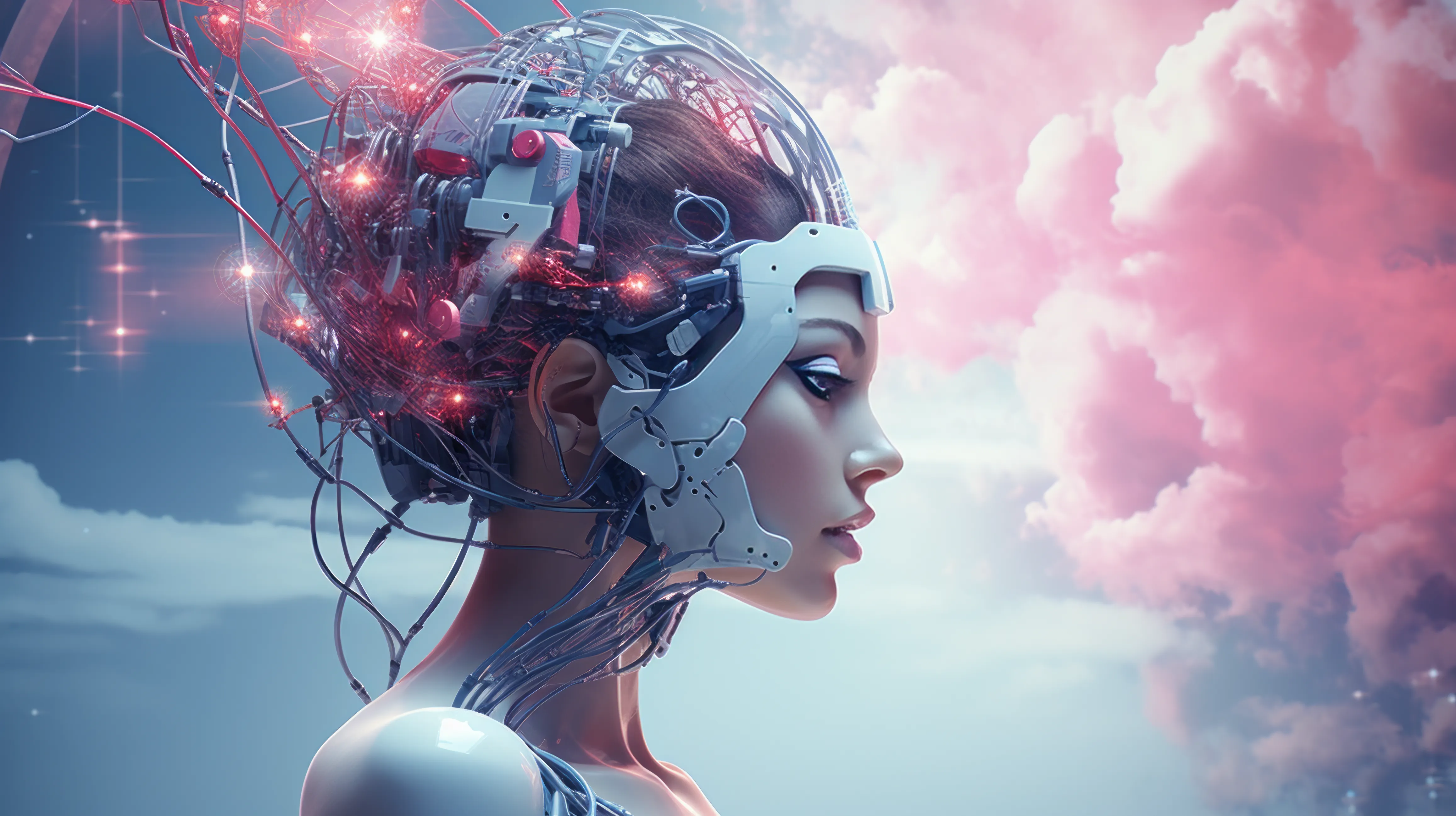1. Uber’s AI Chatbot Move
Uber Technologies Inc. is creating an AI-driven chatbot for its app to enhance various automated tasks, including customer service. This move aligns with a growing trend among companies, including Uber’s competitors DoorDash and Instacart, who are also developing similar chatbot technologies.
Source: Bloomberg
2. Meta is Open Sourcing AudioCraft
AudioCraft is a generative AI framework developed by Meta that produces high-quality audio and music based on text descriptions, simplifying the process of generating coherent audio from raw signals. The open-source platform, which includes models like MusicGen and AudioGen, is intended to support research, eliminate potential biases, and empower both the research community and music professionals to innovate and create with advanced auditory tools.
Source: Meta Blog
3. IBM and NASA Debut Open-Source Geospatial AI
IBM and NASA have partnered to open source a geospatial AI foundation model on Hugging Face, aiming to democratize access to NASA’s earth science data and foster innovations in climate and Earth science. The model, which offers significant improvements in analyzing satellite data, supports tasks such as tracking deforestation and predicting crop yields.
Source: IBM
4. Meta Plans AI Chatbots to Boost User Retention
Meta Platforms is planning to introduce a variety of AI-powered chatbots with distinct personalities in an effort to increase user engagement across its social media platforms, according to a report by the Financial Times. The initiative comes as the company aims to improve user retention on its new text-based app Threads, which saw a significant drop in users shortly after its launch.
ChatBots are the future.
Source: Reuters
5. Ex-Google researchers founded Sakana AI
The startup will explore the coordination of specialized smaller models, similar to swarms in nature, to match the capabilities of huge models. This approach aims to reduce data needs and costs compared to scaling single large models. One of the co-founders, Llion Jones, helped pioneer the creation of transformer architecture, which is the basis for ChatGPT.
Source: Sakana.AI
6. YouTube launches “Music AI Incubator”
YouTube is partnering with the music industry, including Universal Music Group, to responsibly harness AI technology for creative expression while maintaining artist protections and copyright integrity. The initiative includes three main principles: responsible adoption of AI, ensuring adequate protections and opportunities for artists, and scaling industry-leading trust and safety measures to meet the challenges posed by AI-generated content.
Source: Youtube Blog
7. Multimodal AI Translator from Meta
Meta (formerly Facebook) has introduced a new artificial intelligence called SeamlessM4T, capable of translating 100 languages and even allowing for conversation between speakers of different languages. The technology has the potential to eliminate language barriers in various contexts, from meetings to casual interactions, paving the way for universal communication.
Source: Facebook
8.Tesla Full Self-Driving software now only AI-powered
Elon Musk showcased Tesla’s latest “Full Self-Driving” software in a live stream, highlighting its AI-powered capabilities in navigating complex driving scenarios in Palo Alto, California. The new FSD V12 version marks a significant departure from previous iterations by fully relying on artificial intelligence, and is currently being tested globally to improve its real-world performance.
Source: X
9. OpenAI Introduces ChatGPT Enterprise
OpenAI has launched ChatGPT Enterprise, a business-oriented version featuring enhanced security measures, unlimited high-speed access to GPT-4, and customizable features like a 32k context window and advanced data analysis tools. The enterprise-grade version is SOC2 compliant, includes shareable chat templates for collaborative workflows, and ensures that user data is not used for training OpenAI’s models.
Source: OpenAI Blog
10. Research: AI bots are better than humans at solving CAPTCHAs
A recent study shows that AI bots can solve CAPTCHAs with an accuracy rate of 85-100%, outperforming humans who have an accuracy rate of 50-85%. These advancements in AI technology are challenging the effectiveness of CAPTCHAs, including Google’s advanced reCAPTCHA tool, as a security measure against automated bots.
Source: Arxiv
